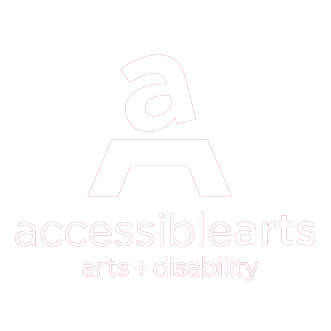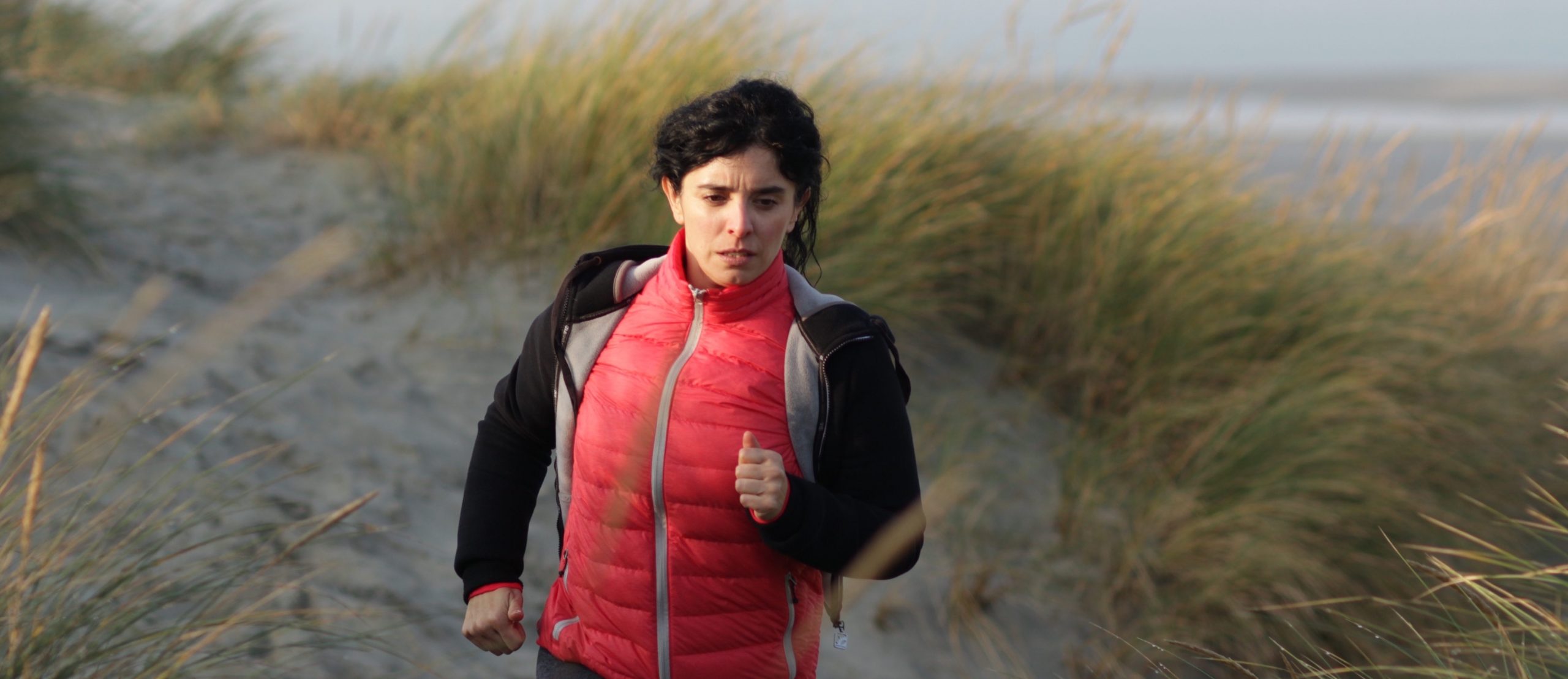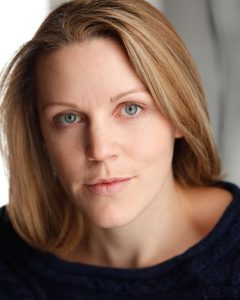Sydney Film Festival interview: Aurora Fearnley
This year the Sydney Film Festival will feature Screenability, a series of six films made by people with lived experience of disability. We interviewed Aurora Fearnley, who directed the short film Struck, about the film and her take on working in the film industry as a person with disability.
What was your inspiration for Struck?
I read Struck as a stage piece by Isley Lynn a year before getting the funding opportunity to make the short film. Sitting on the London tube I was so moved by the story I couldn’t stop myself crying there and then. I knew I had to make this film.
What are the key themes that the film addresses?
Struck looks at the pressures on masculinity in our modern age. It re-opens the debate that a woman’s behaviour is to blame for a man’s actions. It’s familiar ground yet Isley eloquently outlines in her character’s empathy for both sides with no clear cut answers. I see Struck as part of a new wave of films exploring the female gaze of conflicted modern masculinity.
What is your take on the Screenability initiative?
I’m so pleased to see the Screenabilities initiative at Sydney. Finally a light is being shone onto disability filmmaking, which is so original, fresh and inventive! It’s time for disability filmmakers and narratives to enter the mainstream. There has been an awareness shift around diversity in filmmaking. However, I hear disability is often the least discussed and supported in this labelled category. Disability is so broad and complex that I feel it should be given it’s own platform in film rather than being lumped into the umbrella of diversity. So I’m delighted to see this strand at Sydney Film Festival.
What benefits do you think it provides to the Australian and international film industry?
Screenability is a gift, a selection of films from filmmakers who have a different point of view. Our cinematic landscape is richer and more authentic when the films being made come from a diverse pool of storytellers.
In the years that you have working in the film industry what changes (if any) have you seen regarding access and inclusion for people with disability?
I have not seen enough change in the film industry regarding disability. We are currently witnessing changes being implemented for women in film, for BAME filmmakers and LGBTQ too. There are funds, grants, mentoring initiatives starting but very little aimed specifically for disability. Disability is often the least discussed topic in the rainbow term of diversity, mainly because it is so complex. The term disability itself is so broad.
Struck is a project born from my own recent decision to “come out” as a disabled artist in the public medium. I’ve been working professionally as a director in film and TV for ten years. As I started to write my own work, I realised the biggest story I had to tell was how it felt to have a disability that no one sees. I don’t see filmmakers like me in the industry, so there is little to hold up as a standard. I also don’t see people like me in stories – I’m not represented. That’s always made me scared of how I can cope in this industry, about being accepted. The stigma and fear of being judged by the label of my disability has always made me cautious to speak openly about it and how it affects me.
However with support, encouragement and a determination to lead by example I’ve stepped clearly into that arena. Embracing my unique filter of the world that stems from my personal experiences under the label of disability.
Is this the first time you have been featured at the Sydney Film festival?
Yes – I’m so excited to be here in Australia to support the film!
Get your tickets to see Struck and look out for more interviews with directors of the Screenability films over the next few weeks.


